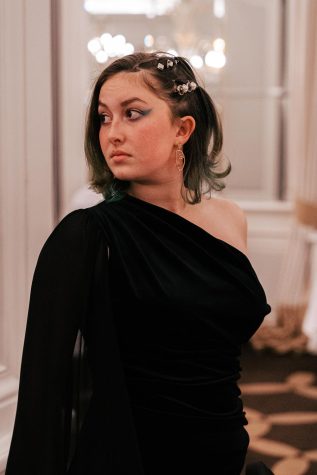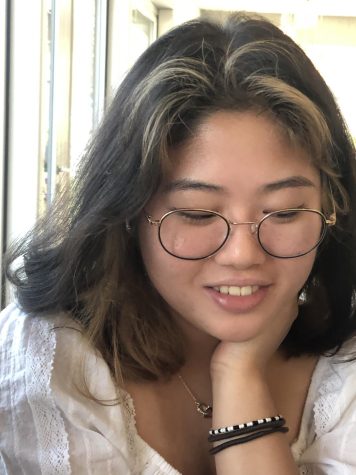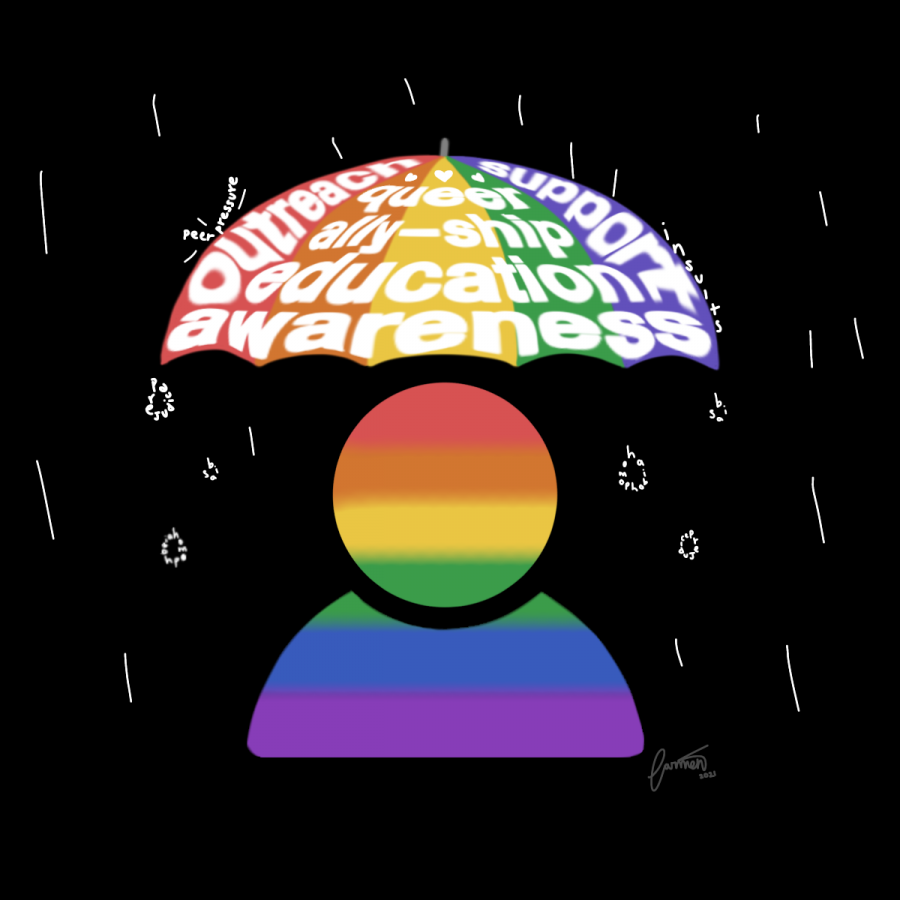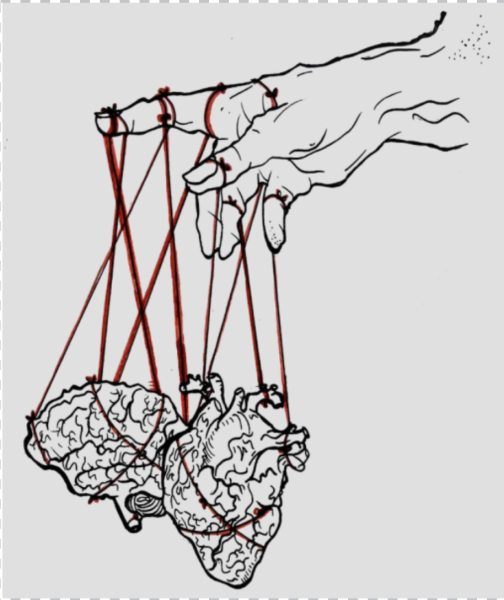Growing Pains
The struggles LGBTQ+ people have to face don’t get noticed enough at ISL.
A terribly bold statement to start on, but a necessary one to begin a tough conversation. We at ISL pride ourselves on being an inclusive school. We have many facilities to help those who need it; we organise services, charities and days of awareness, and all in all, we are quick to act like allies.
Now, I am not saying that this is merely an act. ISL does it’s best to embrace everyone, including members of the LGBTQ+ community. But the faculty can’t see everything.
The argument is that homophobia and prejudice are problems that need to be tackled head on. And the evidence shows that the school isn’t doing enough.
Now, you may say that this is just my opinion, but you would only be half right. In conversation with people I won’t name, they expressed their distaste for the casual neglect of duty when someone uses the word “gay” as an insult or says they identify as an ‘’attack helicopter’’. Or a walnut.
I can see you cringing through the flimsy paper in your hands as you read this, wondering why anyone would think that’s funny, but coming from a student, I find that people always laugh.
Indeed, I performed a speech in my English class on the topic of suicide in LGBTQ+ youth. After listening to such a difficult topic, you’d think people would have the decency to at least wait before making their jokes, but apparently not. I was last to go, and as soon as the bell rang, I heard someone in my class call their friend gay and all their friends laughing.
The truth is that I don’t think any of them actually found it funny. Peer pressure is something we discuss a lot in school. We’re told to never give into drugs or alcohol, and if we do, then it must be because of our own stupid decisions. Yet, we never learn that peer pressure exists literally everywhere. For example, when your friend makes a joke and everyone else laughs, you are pressured into laughing too– otherwise people might think you’re weird. This pressure exists internally and we end up forcing ourselves to do and say things we don’t necessarily believe in.
Have the “gay” jokes been made so many times everyone’s desensitized to it? Yes. Have people ever stopped making them or stopped laughing? No.
As long as students don’t feel comfortable in themselves, these “jokes” will continue to exist.
This, above all, is what I think the school should be doing to help. You can talk about welcoming all students to ISL, or having things like pride month to show support – which, don’t get me wrong, are important, but the first step to annihilate these internalised prejudices is education.
Protecting each and every student at this school seems like hard work. How do you find people in the LGBTQ+ community when people aren’t rainbow coloured? You can’t protect people from homophobia– casual or not, when you don’t know who to protect.
But it’s not as hard as it seems. Schools are for education, so we’ll just keep doing that.
We’ve had racism, and ableism SEL lessons. We’ve even had presentations on breast cancer awareness and raising money to help refugees. All these things are needed and important topics of education and are normalized subjects in our classes, so why then, is it that the topic of LGBTQ+ is overlooked or separated?
Why wasn’t I taught about same-sex intercourse in my year 8 biology class? Why was the sexuality workshop not a part of the whole-school curriculum? It’s not difficult to add the topic to our sex-education classes or our homeroom SEL learning, so just do it. Give the students at ISL the awareness to accept and the freedom to love their LGBTQ+ classmates and an explanation on why “gay” isn’t a bad word.

17 years old and already a mastermind in computer coding, ancient Greek and rocket science. Okay, not really, but she can at least spell chrysanthemum....

I’m a 16 year old student in ISL. I've been in ISL for 8 years. I work on the illustrations for articles (specifically the horoscopes column) and a podcast,...



